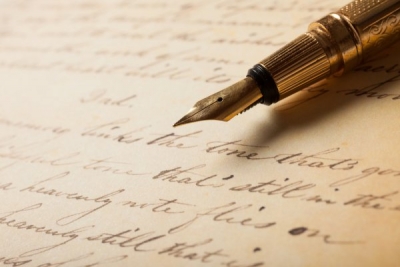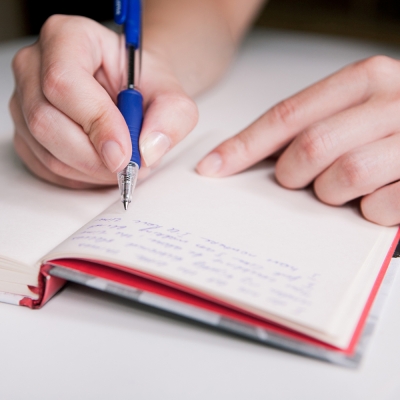WHAT IS FLASH FICTION?

The essence of flash fiction in a single sentence is perfectly delivered by the famous line from Shakespeare's Hamlet "Brevity is the soul of wit”.
This type of fiction refers to a very specific kind of short stories that usually abide by a word limit of around 1500 words. In some cases, these pieces can even feel closer to poetry than prose. The limited vocabulary of these pieces which is many a time misunderstood as a weakness, is actually what enables them to be impactful tools of storytelling.
The best examples of this kind of writing often evoke complex characters, complete worlds and lots of clear themes in a simple and concise way, with every word significantly contributing to the progression of the story towards an all-revealing end
Unique characteristics of flash fiction
- Unlike the longer formats of prose like novels and plays that prioritise plot, flash fiction gives more importance to the movement/change in a story or narrative.
- In this kind of writing the climax (or the peak of action) usually comes at the end instead of the middle.
- In good flash fiction every sentence has multiple roles and adds to the layered quality we associate with good writing. This is essential to open up the scope for multiple interpretations of a story.
- Some written pieces of this format can be as concise as a single line.
- Like this famous six word short story credited to Ernest Hemingway: "For sale: baby shoes, never worn."
- These stories heavily rely on tools like spacing and punctuation for impactful delivery of the final product.
Many creative writing coaches regard writing flash fiction as a vital exercise to learn any form of prose or poetry, as it not only helps one polish their writing but also offers a lot of opportunities to practise one's editing skills which are really beneficial in the long run.
Picture Credit : Google

